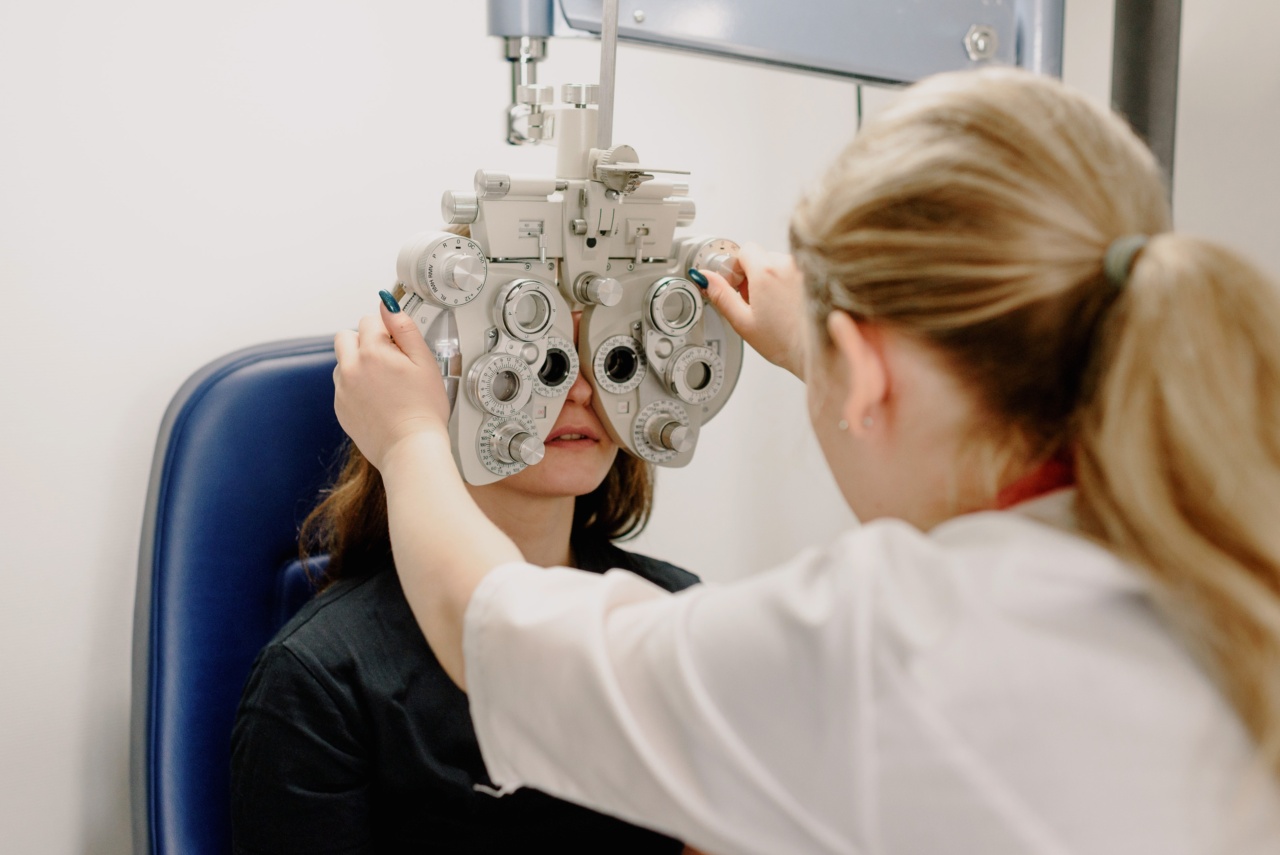Glaucoma is a group of eye conditions that damage the optic nerve and cause vision loss. It is the leading cause of irreversible blindness worldwide. The key to preventing permanent vision loss in glaucoma is early detection and treatment.
This article will discuss the early stages of glaucoma and ways to prevent permanent vision loss.
What is Glaucoma?
Glaucoma is a group of eye conditions that damage the optic nerve, which connects the eye to the brain. The most common form of glaucoma is called primary open-angle glaucoma.
It occurs when the fluid in the eye does not drain properly and causes pressure to build up in the eye. This pressure damages the optic nerve and leads to vision loss.
Early Stage Glaucoma
Early stage glaucoma often has no symptoms, which is why regular eye exams are important. The doctor can detect glaucoma by checking the eye’s pressure, examining the optic nerve, and testing vision.
In the early stages of glaucoma, there may be slight vision loss, but it is often not noticeable. The only way to detect early stage glaucoma is through regular eye exams.
Treatment for Early Stage Glaucoma
The goal of treatment for early stage glaucoma is to prevent further vision loss. This is usually done through eye drops that lower eye pressure.
The most common eye drops used to treat glaucoma include prostaglandin analogues, beta-blockers, and alpha-adrenergic agonists. It is important to follow the doctor’s instructions for using eye drops to ensure they are effective.
Lifestyle Changes
In addition to using eye drops, there are lifestyle changes that can help prevent permanent vision loss in early stage glaucoma. These include:.
- Exercise regularly: Exercise can help lower eye pressure and improve blood flow to the eyes.
- Eat a healthy diet: A diet high in fruits and vegetables can help protect the eyes.
- Avoid smoking: Smoking can increase eye pressure and damage the optic nerve.
- Manage stress: Stress can increase eye pressure, so finding ways to manage stress is important.
Regular Eye Exams
Regular eye exams are crucial for detecting and treating glaucoma. The frequency of eye exams will depend on the patient’s risk factors for glaucoma.
High-risk patients, such as those with a family history of glaucoma or those over the age of 60, should have annual eye exams. Patients with low risk factors should have an eye exam every two years.
Conclusion
Glaucoma is a serious eye condition that can lead to permanent vision loss. Early detection and treatment are key to preventing vision loss in glaucoma.
Eye drops and lifestyle changes, along with regular eye exams, can help prevent further damage to the optic nerve. If you are at risk for glaucoma, talk to your doctor about a plan of action to prevent permanent vision loss.



























